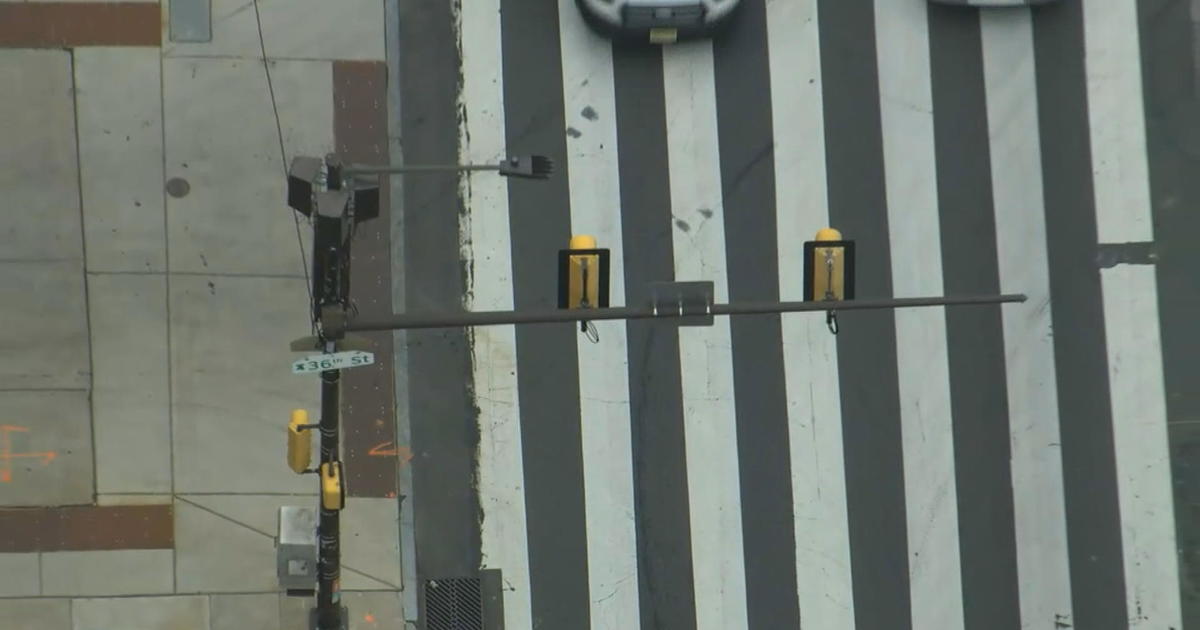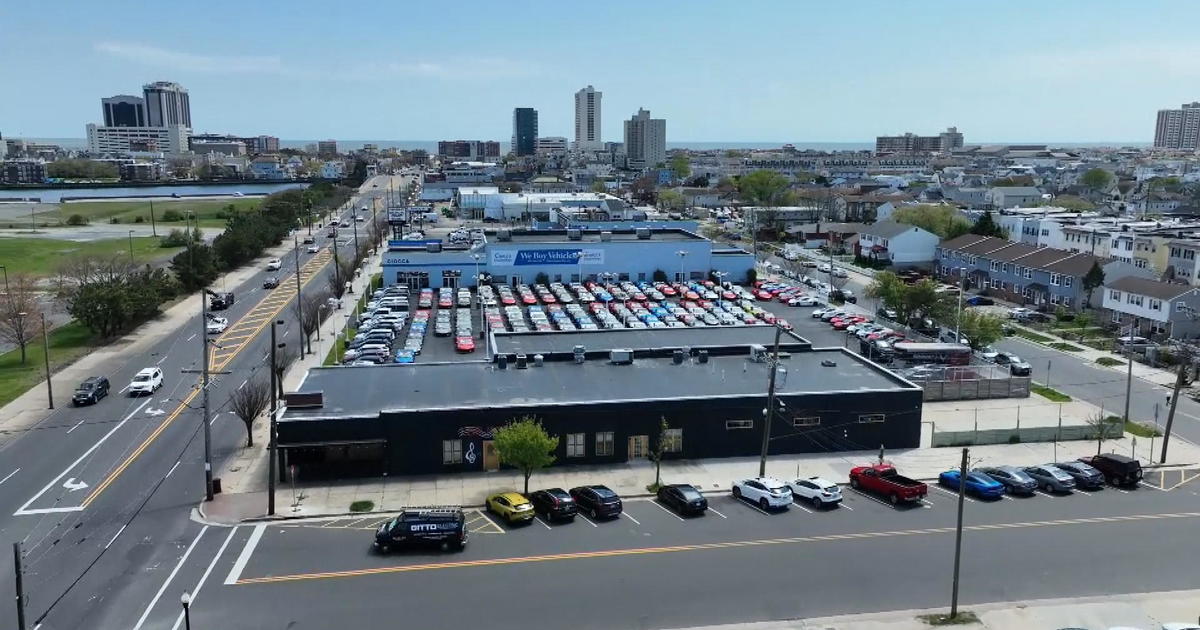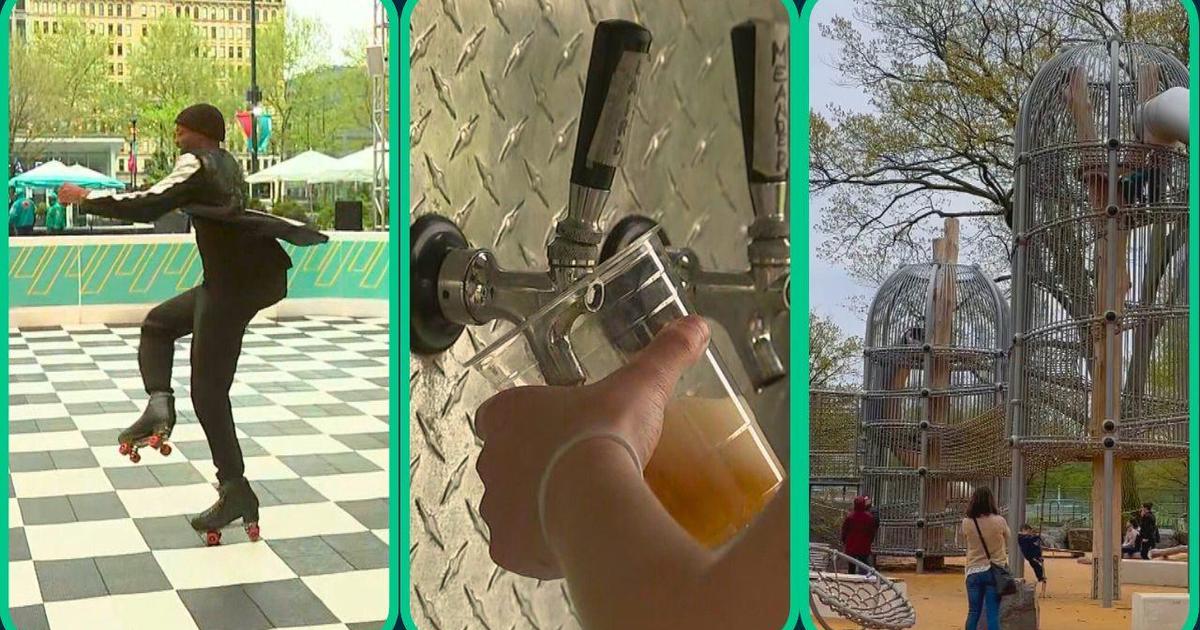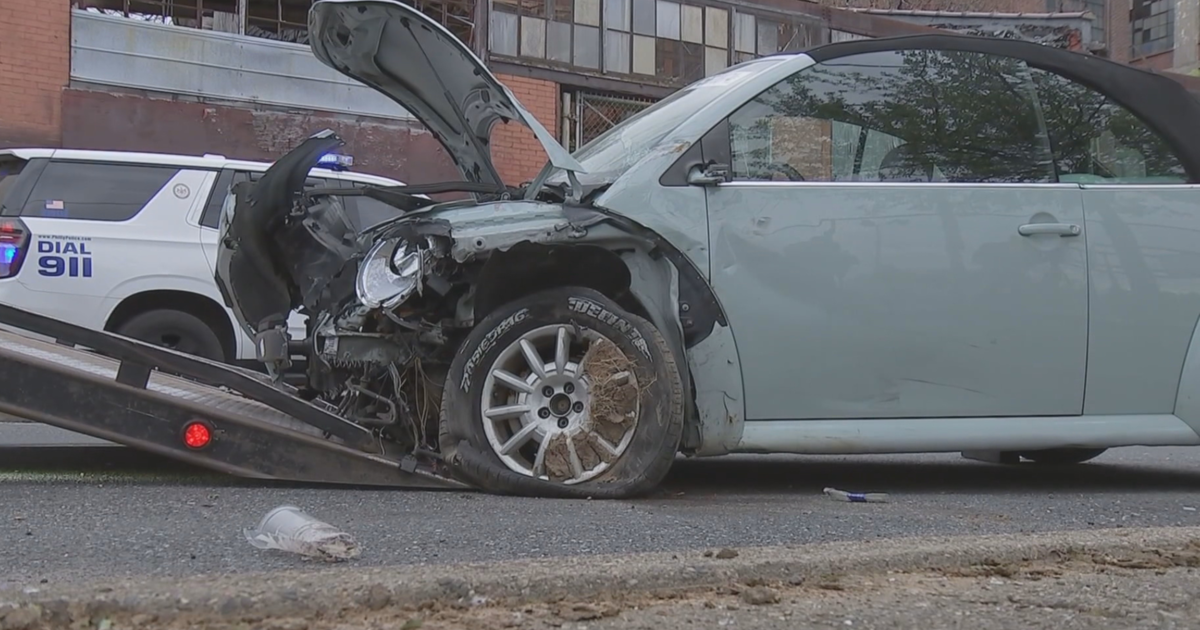Judge To Decide If Philadelphia Can Become First US City To Open Medically-Supervised Injection Site
PHILADELPHIA (CBS/AP) — Loved ones propped photos of more than a dozen photos of young people lost to the opioid crisis against the outside of the federal courthouse in Philadelphia on Monday as a judge inside heard arguments on whether the city could become the nation's first to open a medically-supervised injection center. U.S. Attorney William McSwain, an appointee of President Donald Trump, believes the plan normalizes the use of heroin and fentanyl and violates federal drug laws.
McSwain has sued to block the site, supported by several leading Democrats in the city, including the mayor and district attorney, and at least seven state attorneys general.
In court Monday, with McSwain in the unusual role of lead attorney, U.S. District Judge Gerald McHugh Jr. heard from an emergency room doctor and a nonprofit leader supporting the plan to open Safehouse, presumably in the city's drug-ravaged Kensington neighborhood.
"We believe that this public health approach is lifesaving," said Jose Benitez, who runs a nonprofit that runs a needle exchange program and other health services and is spearheading the Safehouse effort with former Gov. Ed Rendell, a Democrat, and others.
Benitez has worked in addiction services for nearly three decades, and said clients today are using heroin and fentanyl as much as eight to 10 times a day, up from once or twice a day just five years ago.
He directs an agency called Prevention Point, which reversed more than 500 overdoses in the Kensington area last year. Staff members have often had to run several blocks through the neighborhood with medical equipment to reach people in time, he said.
Still, Philadelphia endured 1,100 overdose deaths last year, more than 200 of them in the Kensington ZIP code, he said.
Benitez, in declaring opioids a public health emergency, noted the 1,100 overdose deaths is more than three times the city's homicide rate.
Benitez and other organizers have visited a supervised injection site in Vancouver, British Columbia, that is something of a model for their program. The site looks like an urgent care center, with a central desk and individual bays.
"Clearly, I thought we should organize and try to do overdose prevention since we were losing so many Philadelphians," Benitez testified.
Safehouse would provide drug users with clean needles and ties and let them use their own drugs in the presence of medical staff. Advocates believe it will also provide a trusted place for them to be offered treatment.
"There would be medical staff observing an overdose reaction if one was to occur . and then providing medical care," Benitez said.
McSwain, questioning the proposed name, asked whether people who use marijuana might move on to heroin or fentanyl after thinking "now there's a safe place, called Safehouse, to take these drugs."
"Anything's possible," Benitez said. "It's not likely."
McSwain also questioned whether the Vancouver program had reduced fatal overdoses, and Safehouse's mission to provide a place to use drugs, in his words, "without judgment or stigma."
And he questioned how staff would screen out minors since clients can remain anonymous. Benitez said that anyone who looked under 18 would be asked for proof of age or referred to other programs.
City officials have not said exactly where the center could open, but they likely would be in the Kensington area, where longtime business owners and residents say it would only encourage more people to use.
"It's just not fair. Because we know where they are going to put these safe injection sites. It's likely going to be right around the corner from us and then we're going to have the same problem we have all the time," Troy Hayward said.
"I literally wake up or resuscitate about four to five people a week easily with narcan," said Kevin Lopez, whose family operates a mechanic shop off Allegheny Avenue.
However, others support the site to prevent more overdose deaths.
"What we're trying to do is bring attention to the human cost of not having that in the city," Jane Shull said.
"In case they overdose, they can be hit with narcan, save their lives," added Tracy Martin. "They get wound care. They can help them get into rehabs."
Rendell, who was in the courtroom, has said Safehouse founders would consider an appeal if McSwain prevails.
"The system is not working. This is a legal procedure. You can't convince me anytime that the congressman and senators who passed the law. This is the crack house law, ever intended to have a crack house be defined as a place where medical personnel watch inject themselves with drugs," Rendell said.
The hearing will continue Tuesday morning. The judge could rule such sites are illegal and stop the process entirely, or he could allow the lawsuit to continue forward with more hearing and testimony.
CBS3's Greg Argos contributed to this report.
(© Copyright 2019 CBS Broadcasting Inc. All Rights Reserved. The Associated Press contributed to this report.)



